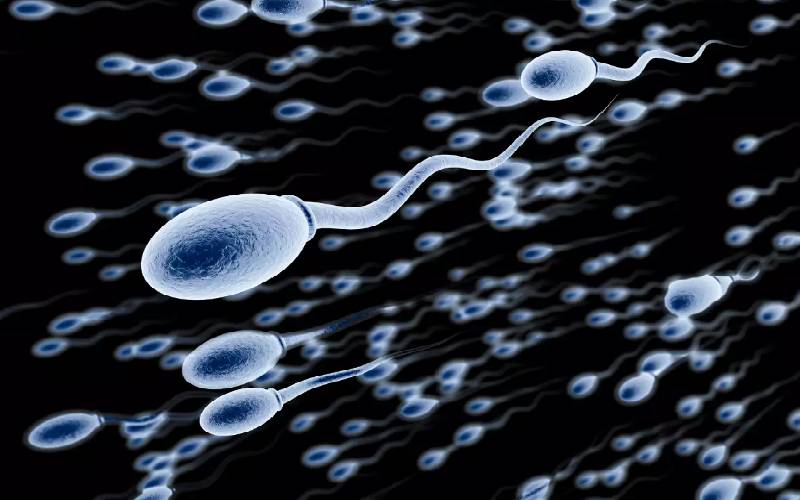×
The Standard e-Paper
Home To Bold Columnists

Researchers say the drop in sperm count was by over 50 per cent in less than 40 years. [Courtesy]
Sperm counts in men from America, Europe, Australia and New Zealand are on the decline, researchers have said.